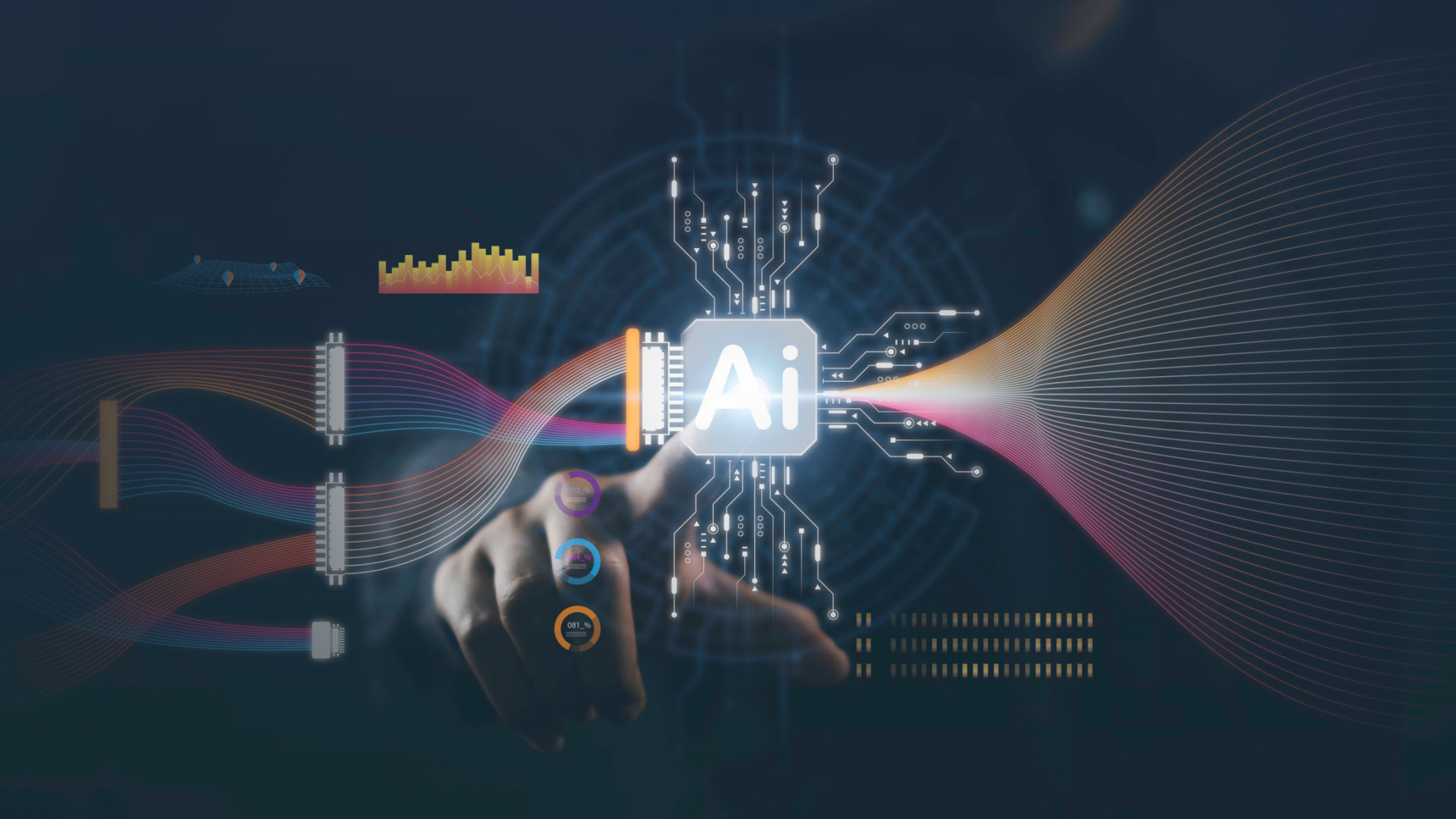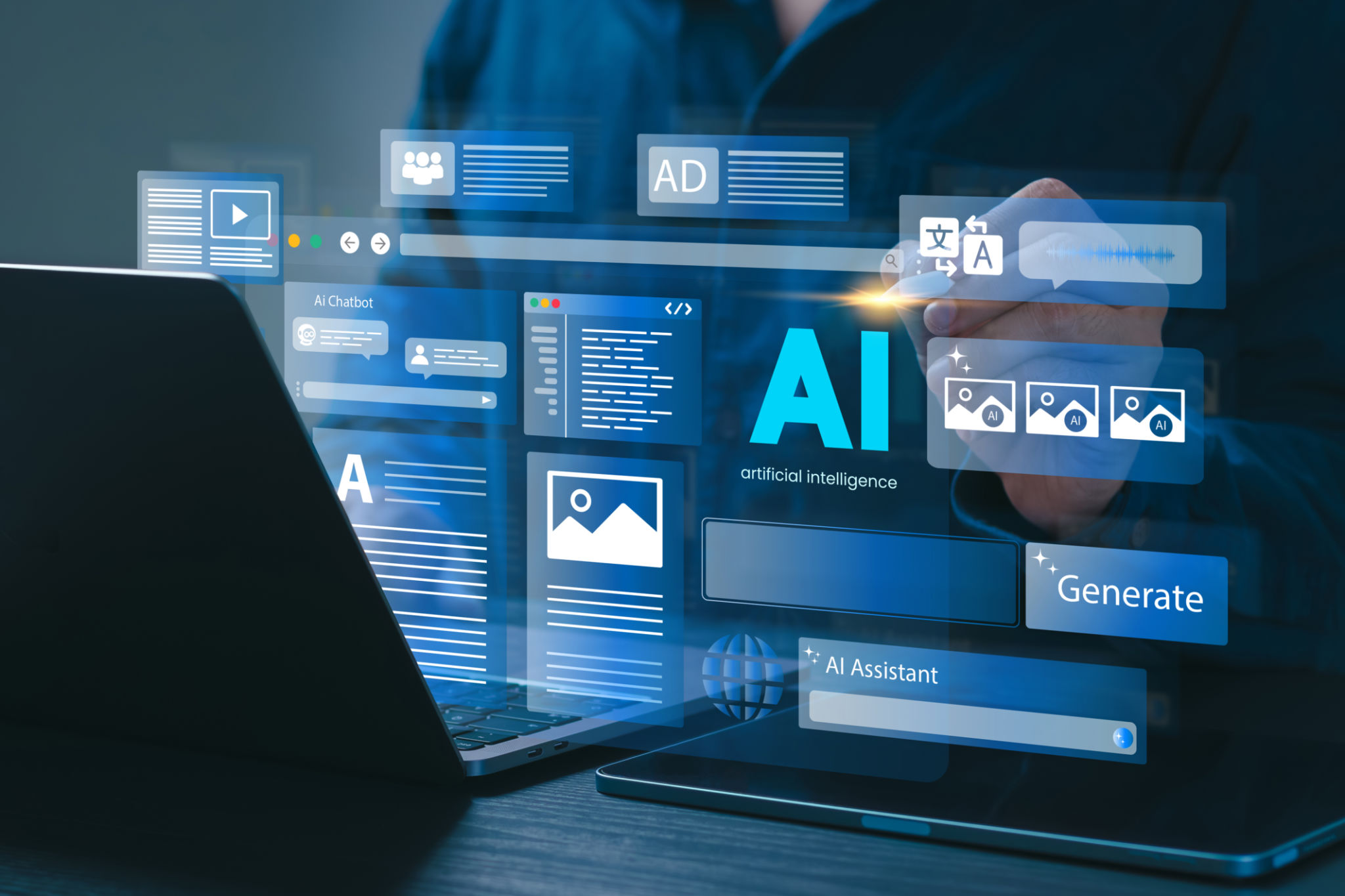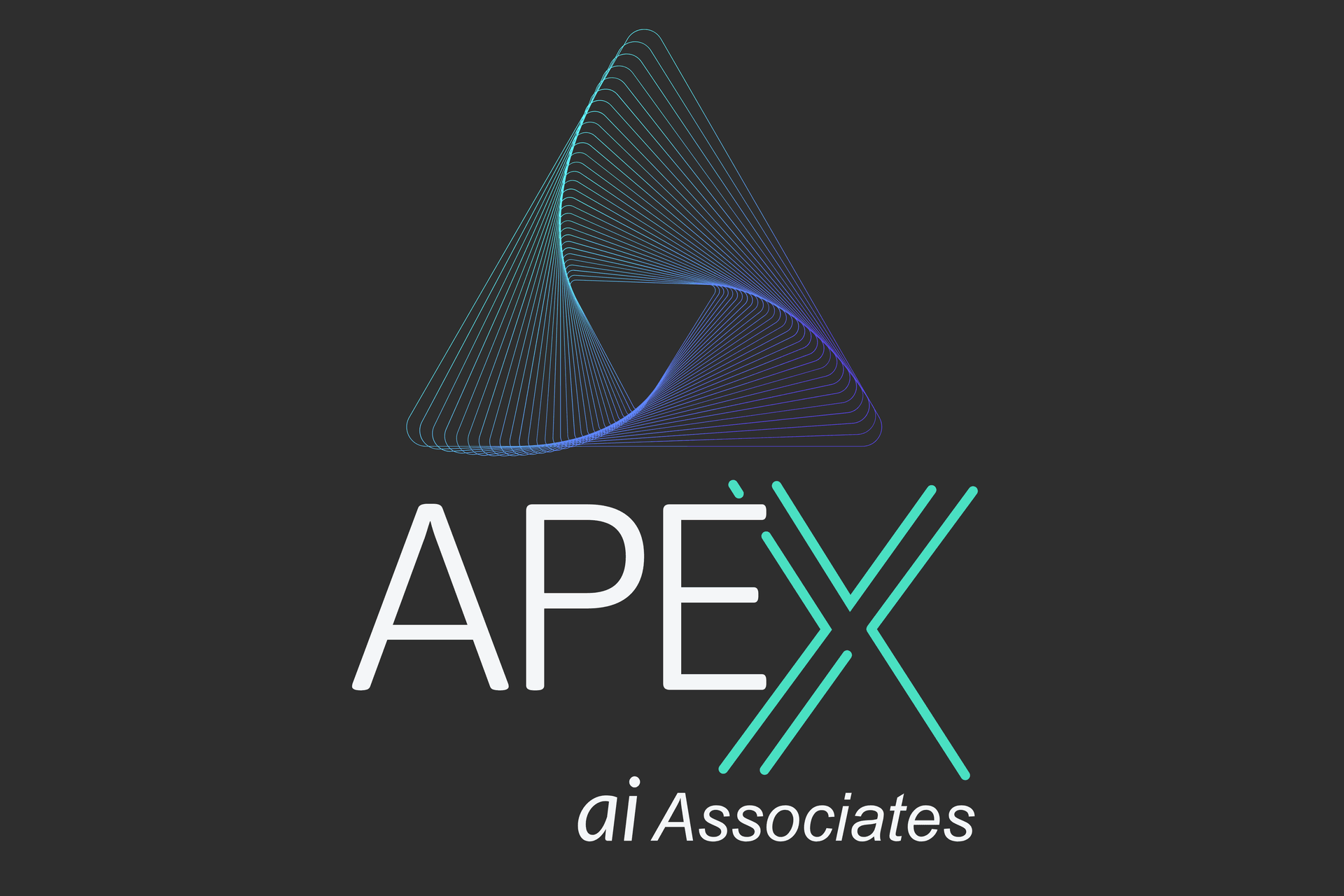The Rise of Generative AI: Real-World Applications and Success Stories
In recent years, generative AI has become a transformative force across various sectors, enabling businesses and individuals to achieve unprecedented levels of creativity and efficiency. By leveraging machine learning algorithms, these AI systems can generate content that ranges from art and music to intricate data models, thus opening new avenues for innovation.
Generative AI works by training models on large datasets, allowing them to produce new data points that mimic the original data. This capability has been embraced in industries ranging from entertainment to healthcare, offering solutions that were once considered the realm of science fiction.

Creative Industries: Redefining Art and Music
One of the most exciting applications of generative AI is in the creative arts. Artists are using AI tools to push the boundaries of traditional art forms. For instance, platforms like DeepArt and Artbreeder allow users to create stunning visual art by blending styles and patterns, enabling artists to explore new creative dimensions.
In the music industry, AI-driven tools have been employed to compose original music tracks. Systems like OpenAI's MuseNet can generate complex compositions, offering musicians a new source of inspiration for their work. These advancements not only enhance artistic expression but also make creative endeavors more accessible.

Healthcare: Revolutionizing Diagnosis and Treatment
Generative AI is making significant strides in healthcare, where it assists in diagnosing diseases and personalizing treatment plans. By analyzing vast amounts of medical data, AI models can predict patient outcomes and suggest optimal treatment strategies. This is particularly useful in fields like oncology, where early detection and personalized care are critical.
Moreover, generative models are being used to design new drugs. Companies like Insilico Medicine leverage AI to accelerate drug discovery processes, significantly reducing the time and cost associated with bringing new medications to market.

Business and Marketing: Enhancing Customer Engagement
Businesses are capitalizing on generative AI to improve customer experience and drive engagement. In marketing, AI-powered tools can create personalized content at scale, tailoring messages to individual consumer preferences. This leads to more effective campaigns and higher conversion rates.
Additionally, chatbots and virtual assistants have become more sophisticated with the help of generative AI. These tools can handle complex customer inquiries, providing instant support while learning from interactions to improve over time.

Success Stories: Real-World Impact
The impact of generative AI is already evident in numerous success stories worldwide. For example, a major fashion brand used AI to design a new clothing line that resonated with consumers by analyzing current trends and preferences. Similarly, a leading automotive company employed generative design techniques to optimize vehicle parts, enhancing performance while reducing material costs.
As generative AI continues to evolve, its potential applications are expanding rapidly. From creating hyper-realistic virtual environments in gaming to generating realistic synthetic voices for improved user interfaces, the possibilities are virtually limitless.
In conclusion, the rise of generative AI marks a new era of innovation across multiple domains. As technology advances, we can expect even more groundbreaking applications that will redefine how we create, interact, and live in the digital age.
